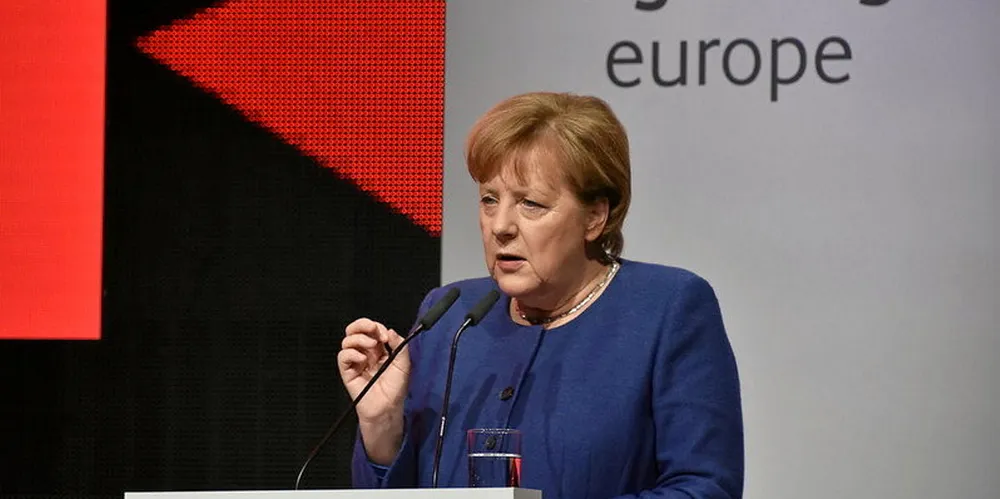'Bridge into climate-neutral age': Merkel turns screw on energy sector to meet 2045 net zero CO2 cuts
Germany's cabinet approves amended climate law that sees 'lion’s share' of emission reductions in energy sector and industry

Germany's cabinet approves amended climate law that sees 'lion’s share' of emission reductions in energy sector and industry
